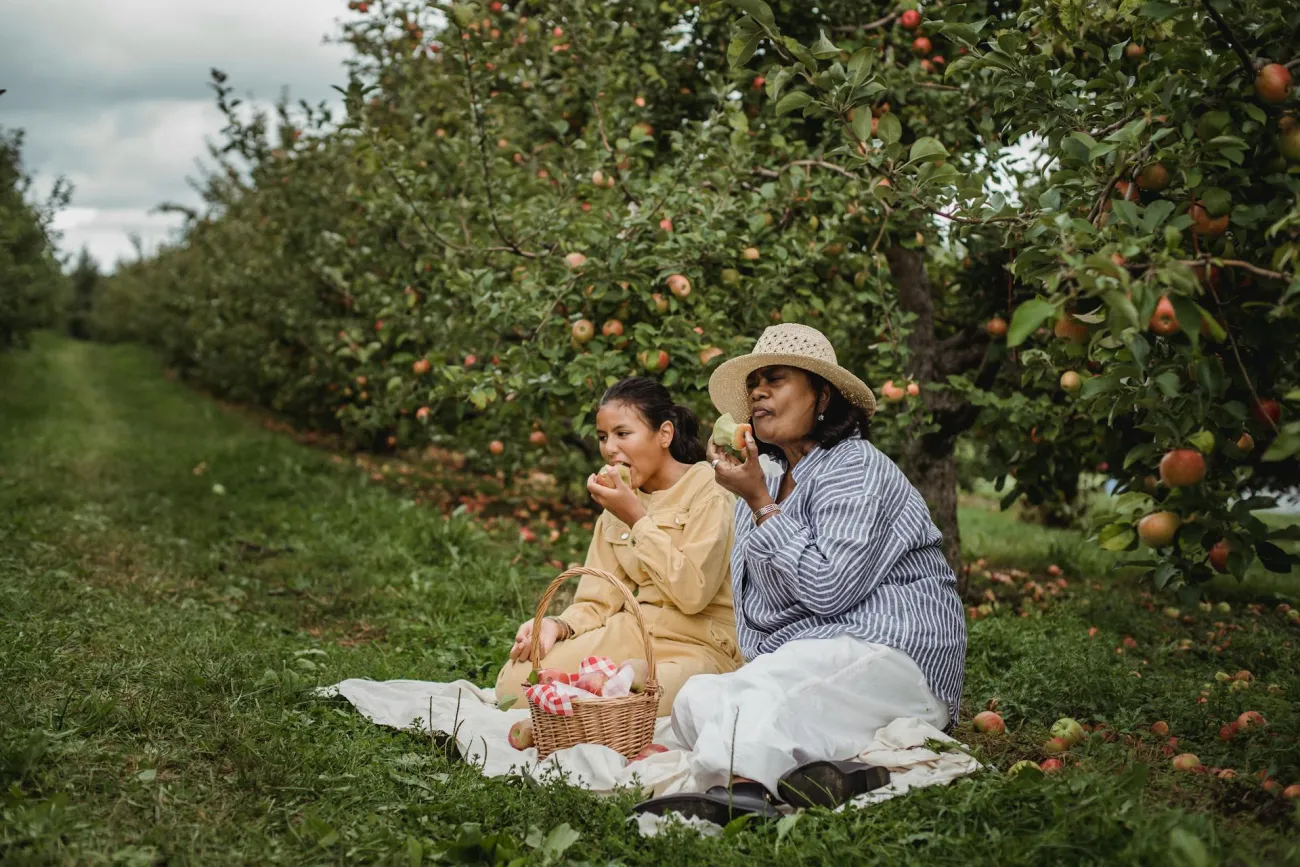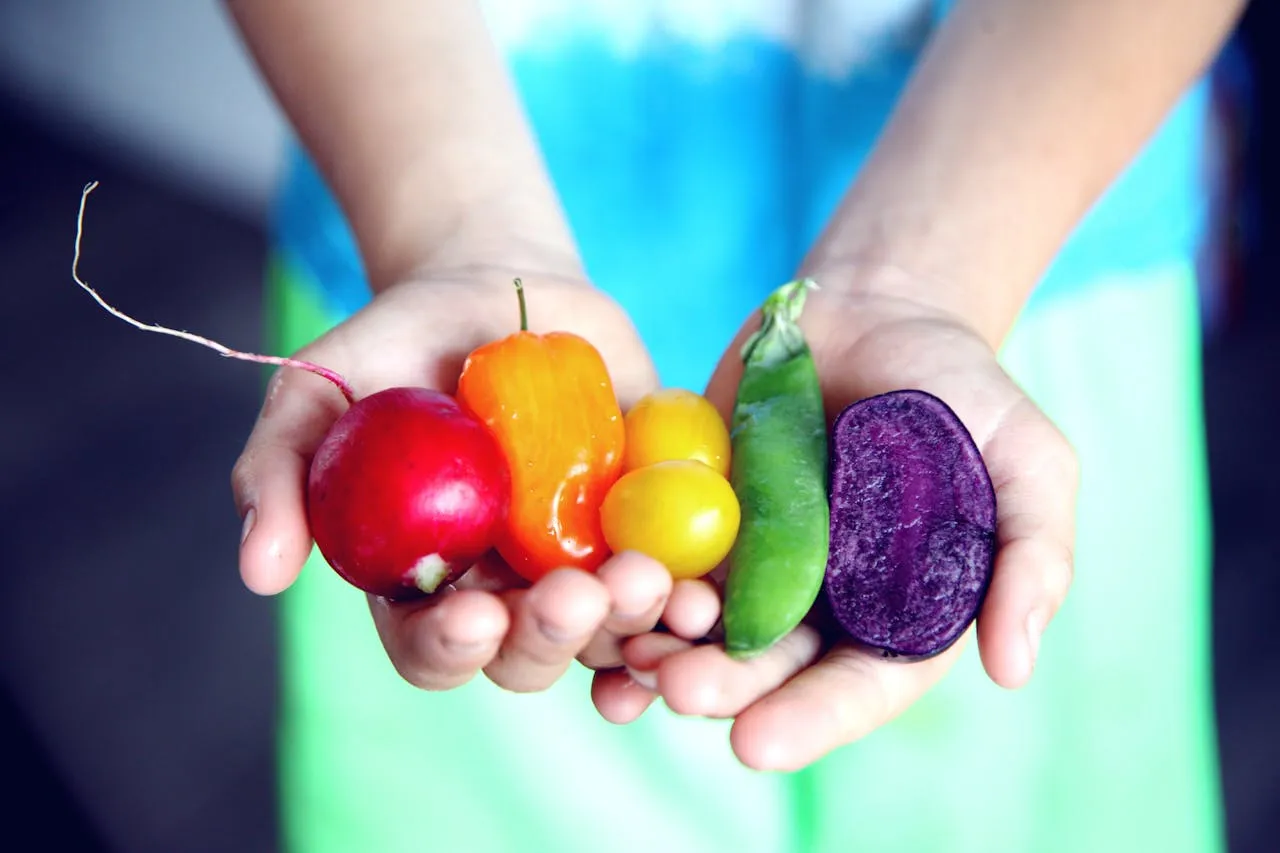Using European case studies, this book examines how knowledge about food is transmitted and circulated by a wide range of actors, including textbooks, the press, cookery classes, social media, bloggers, marketers, and so on.

Publisher’s summary
Food Information, Communication and Education analyses the role of different media in producing and transforming knowledge about food. ‘Eating knowledge’, or knowledge about food and food practice, is a central theme of cooking classes, the daily press, school textbooks, social media, popular magazines and other media. In addition, a wide variety of actors have taken on the responsibility of informing and educating the public about food, including food producers, advertising agencies, celebrity chefs, teachers, food bloggers and government institutions.
Featuring a range of European case studies, this interdisciplinary collection advances our understanding of the processes of mediatization, circulation and reception of knowledge relating to food within specific social environments. Topics covered include: popularized knowledge about food carried over from past to present; the construction of trustworthy knowledge in today’s food risk society; critical assessment of nutrition education initiatives for children; and political and ideological implications of food information policy and practice.
Reference
De Iulio, S. and Kovacs, S. (eds.) (2022). Food Information, Communication and Education: Eating Knowledge. Bloomsbury Publishing, London.
Read more here. See also TABLE’s explainer series, a free educational resource on food systems.




Comments (0)